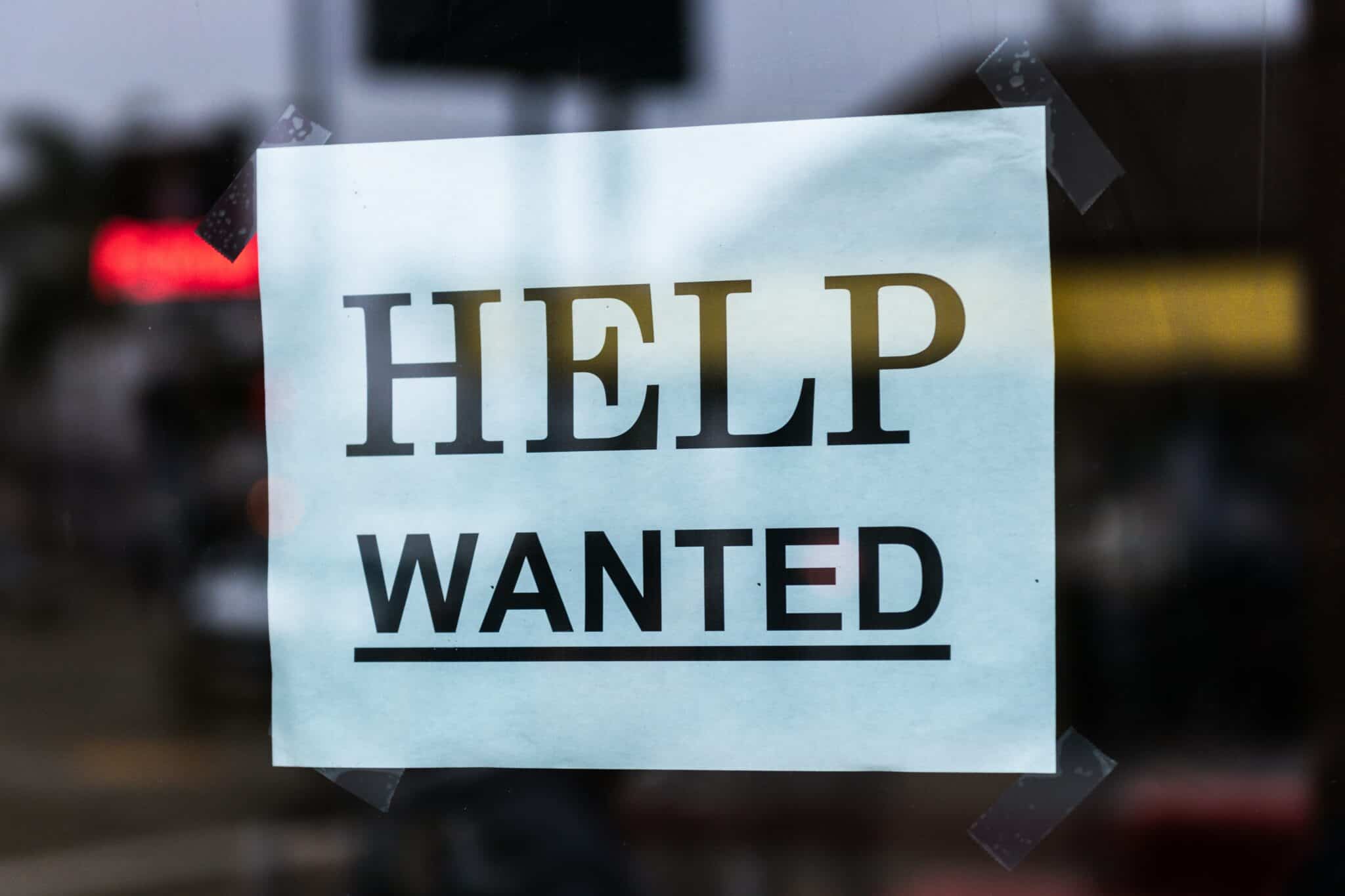Mackenzie Bouverat is a student at Harvard Law School.
Governments and businesses are scrambling to attract workers. New Mexico has pledged $5 million in federal pandemic relief to subsidize wages for pickers and workers at chile processing plants, raising the wages as high as $19.50 per hour. Werner Enterprises has asked the Federal Motor Carrier Safety Administration for an exemption from Commercial Learner’s Permit requirements in order to hasten the process of getting new drivers behind the wheel. CVS Health dropped its requirement that entry-level job candidates have a high school diploma, and raised its starting wage from $11 to $15 an hour by next summer. Walmart has promised bonuses to warehouse workers for staying on the job this summer and fall. Chipotle has raised hourly wages and implemented referral bonuses, while McDonald’s is funneling millions of dollars to its franchisees to raise wages and has piloted an emergency child care program. Target promises a to pay the costs of college education for part-time and full-time workers (if the students attend a qualifying institution). And the average wage of restaurant and supermarket workers rose above $15 an hour for the first time ever.
It is unclear whether the shift in bargaining power will last. On Labor Day, two programs authorized by Congress under the CARES Act are due to expire. This includes the Pandemic Unemployment Assistance (PUA) and Pandemic Emergency Unemployment Compensation (PEUC) programs to end. PUA covers workers who do not qualify for regular UI (e.g., gig workers, the self-employed) and PEUC extends benefits to the long-term unemployed. Per the Century Foundation, this will leave 7.5 million workers without unemployment benefits. Governors in 26 states already announced plans to withdraw from federal benefits early in June and July, ten of which have faced legal challenges with varying success. The typical justification for ending such programs is that unemployment benefits disincentivize looking for work when job openings are at record numbers — in June, there was 10 million openings. “Why should I go to work if I can make as much money sitting at home?” asks State Sen. Van Wanggaard, R-Racine.






Daily News & Commentary
Start your day with our roundup of the latest labor developments. See all
February 12
Teamsters sue UPS over buyout program; flight attendants and pilots call for leadership change at American Airlines; and Argentina considers major labor reforms despite forceful opposition.
February 11
Hollywood begins negotiations for a new labor agreement with writers and actors; the EEOC launches an investigation into Nike’s DEI programs and potential discrimination against white workers; and Mayor Mamdani circulates a memo regarding the city’s Economic Development Corporation.
February 10
San Francisco teachers walk out; NLRB reverses course on SpaceX; NYC nurses secure tentative agreements.
February 9
FTC argues DEI is anticompetitive collusion, Supreme Court may decide scope of exception to forced arbitration, NJ pauses ABC test rule.
February 8
The Second Circuit rejects a constitutional challenge to the NLRB, pharmacy and lab technicians join a California healthcare strike, and the EEOC defends a single better-paid worker standard in Equal Pay Act suits.
February 6
The California Supreme Court rules on an arbitration agreement, Trump administration announces new rule on civil service protections, and states modify affirmative action requirements